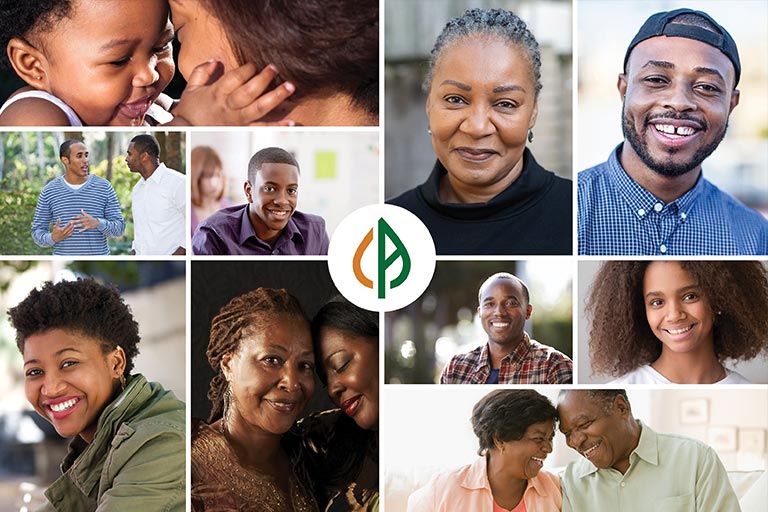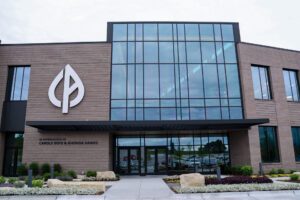Black History Month – A time to celebrate diversity and culture and to promote health and wellness.

Black History Month is a time to celebrate the rich culture and incredible contributions of African Americans throughout history. The Association for the Study of African American Life and History (ASALH), the group that helped to found Black History Month, has adopted Black Health and Wellness as a theme for this year’s observance. Community Alliance is using this theme to focus on the longstanding health disparities that exist in health care and adversely impact African Americans and people of color within our community.
What are health disparities?
Health disparities refer to a range of health concerns that are worse for some people than others. Health disparities impact our African American communities and communities of color at higher rates than white communities. Data from entities such as the CDC show that African Americans suffer from hypertension, heart disease, and diabetes at a much higher rate than their white counterparts. This provides a perspective on the importance of using Black History Month as a time to talk about preventive health in the Black community. We also need to acknowledge that there is a stigma among some African Americans about seeking out mental health care. The result of such stigma is that fewer people receive help and support when they are feeling depressed or having other mental health concerns. Poverty and racism also play a part as fewer individuals seek out the health and mental health care they may need, further emphasizing health disparities.
Pandemic’s Impact
We all recognize that the pandemic has had a tremendous impact on everyone’s health and wellness – both physical and mental – these past two years. Vulnerable populations who were already experiencing health disparities experienced even more risk. The data have consistently shown that African Americans have been more likely to be hospitalized or die from COVID than white people. This disparity has been attributed to a variety of factors including a lower vaccination rate. In response, the ASALH points to a need for continuous education in the Black community as to the importance of the vaccine, and working to address the lack of information, suspicions and distrust that prevent individuals from protecting their own health and wellness and that of their loved ones by getting the vaccine. Their emphasis during Black History Month goes much further than vaccines, however. It involves raising public awareness of racial and ethnic disparities across all of health care, including mental health, and working to improve the capacity and number of providers in underserved communities. And it means educating current providers who work in organizations that serve the underserved.
What can be done to address/reduce disparities?
Health disparities must be a concern for our entire community, not just for the individuals experiencing them. Raising public awareness of these disparities is one step to closing the gaps. It also means recognizing that developing healthcare leaders from the communities who experience these disparities and who can educate our community is a way to build trust. With trust and accountability, we hope for better outcomes and improved health for African American communities and all communities of color.
At Community Alliance, we are proud of our outreach and service to communities of color. Currently, 20% of the people served by the agency identify as African American, which compares favorably to the percentage of Black or African American representation within our five county service area. Among our staff, 17% identify as African American, and 31% of racial or ethnic background other than white. Such a diverse representation, together with a culture of openness and inclusion, and regular training in best practices, offers opportunities for continuous learning, building of competencies, and improved responsiveness to both physical and behavioral health disparities for those we serve. We are also working to hire a specialized trainer to regularly identify further staff training needs and opportunities to address disparities through routine screening and connection to trauma-focused interventions. These efforts are integral to our celebration of Black History this month and going forward.



